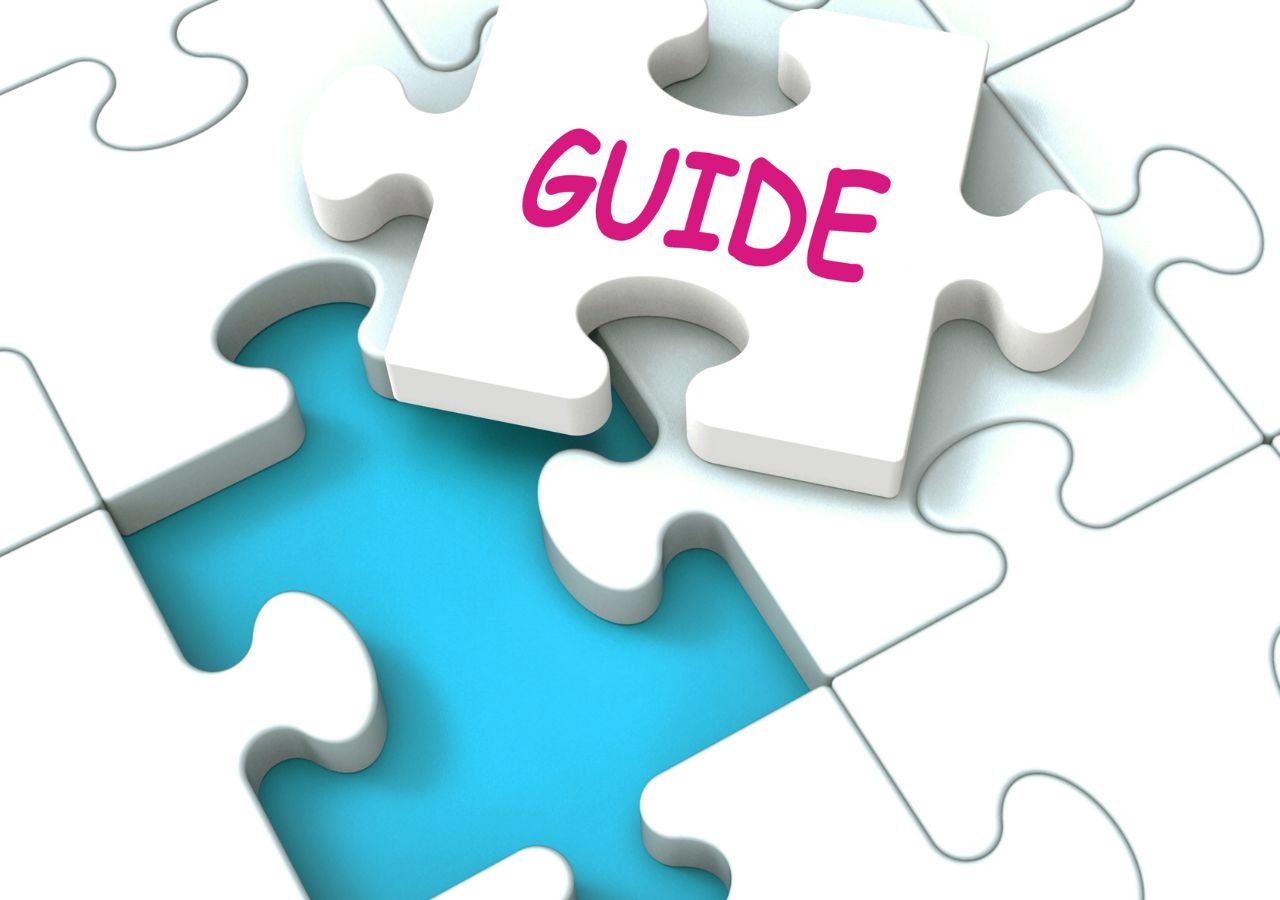Learn How To Manage Your Financial
Many young adults in Singapore are by now already employed. It could be that you work at an SME, MNC, or at your start-ups and of course the government. It is unavoidable that some area of these jobs range will involve some form of managing your finances.
This article highlights some financial management skills that you might have already learned at your workplace. It will also help you identify ways you can use the skills in managing your own finances.
Diversify Revenue Streams
Many listed organizations commonly will have numerous revenue streams. This is since many companies often have more than one source of revenue. Many companies will have the main business which creates sizeable revenue for the company. They could then have an additional business which compliments the primary one, and further yields extra revenue. Oftentimes, these establishments are not linked.
For example, in 2013, Singapore Press Holdings generated revenue of about $1 billion from the primary business of newspaper & magazine. The company further generated about S$200 million from its property development business.
Individuals also need to recognize that they can also try to bring in extra income other than from daily jobs. The extra incomes should not always be from your daily job. For example, an engineer can invest in blue chip stock, which pays dividends. For a civil servant, you might choose to invest in properties. For the self-employed entrepreneurs, they could choose to contribute towards their CPF accounts.
Budgeting
Every business enterprise including the non-profit entities will carry out some sort of budgeting. In fact, budgeting may be done at a departmental level and then consolidated later. When necessary, the suggested departmental budget may be reviewed when the expenditures are considered to be too high.
One of the key reasons why budgeting is important is to ensure that the cash-flow of a company remains healthy. This also helps monitor to ensure that the company does not spend lots of money than what it is generating.
Spent money should come from another source and in case the cash has not yet been realized, it will then be a personal loan borrowed from licensed moneylenders in Singapore. This will be at a given interest.
Similarly, you will need to have a working budget for yourself and your family too. For someone who is employed and receives a salary, it should be easy because you already know the amount you make per month.
A simple budgeting exercise needs to make certain that you will not get into the difficulty of reckless spending beyond what you earn. Always keep in mind to allocate some money for investing and savings once you do your monthly working budget.
Rank Your Spending
In every establishment, you will find there are very many things that need to be bought. This can range from essential items such as new equipment to replace an old one, essential but not-that-critical things such as new computers, good-to-acquire components, for example, a luxury item such as a good pantry or a better conference room.
An item that is critical for one company will not necessarily be for another and vice versa. For example, one advertising agency might rank the necessity for freshly remodeled conference room higher up on their priority list than a company that is in the manufacturing industry.
Similarly, you need to have categories for your spending based on the order of your needs. There those families, who consider a must-have to spend lots of money on educating their children.
Others will prioritize their need for having a car, despite its cost, since they need it to transport their special needs kids. Some of the useful assets might require that you get a personal loan from moneylenders to help realize them.
Spend On Assets
Most companies first take a closer look at the “personal balance sheet” then compare against the balance sheet of the recorded business. These listed businesses’ balance sheets often are filled with “helpful assets” such as equipment, cash, patents, and investment property. These are some assets that enable an organization to generate income. These are basically “needs” of the company. For an individual, some “needs” include buying an affordable home, utilities, food expenses, and transport. These “needs” are key to helping you generate revenue. Thus without such needs, you cannot be in a position to attend to your jobs.
Having some investment in properties, stocks, bonds and commodities might likewise be considered to be “needs”. this is because they form the holistic programme for retirement. These financial tools fit well under the class of assets in a “personal balance sheet.” Other intangible assets will include your degree certificate. At times, you will be required to put down some liabilities for you to finance these “useful assets.” Some examples of these are getting a home mortgage loan and an education loan.
Some things that will not fit into the class of assets in your “personal balance sheet” are things such as awesome birthday parties that you just held and a high-priced honeymoon trip. While you argue that the matrimonial bed costing $5000 and the Italian leather sofa going for $4000 that you bought should be listed in the class of “asset”. It is important that you realize that these are not “useful assets.”
Utilize Tax Breaks
Big companies normally hire consultants to help them in fully maximizing their available tax breaks. They only spend money, to help save extra money.
As individuals, you may not need a consultant to help you manage your tax returns. But, by getting some self-education regarding tax-related issues. You will potentially be able to handle this yourself and in the end, save some significant amount of cash.
Do not underestimate the cash that you can save by simply doing a simple task to gain some knowledge. If you that type of person who will spend hours arguing with your credit card operator regarding waiving late fee charges. You might need to consider taking some time to read and keep up-to-date on tax issues in Singapore.




